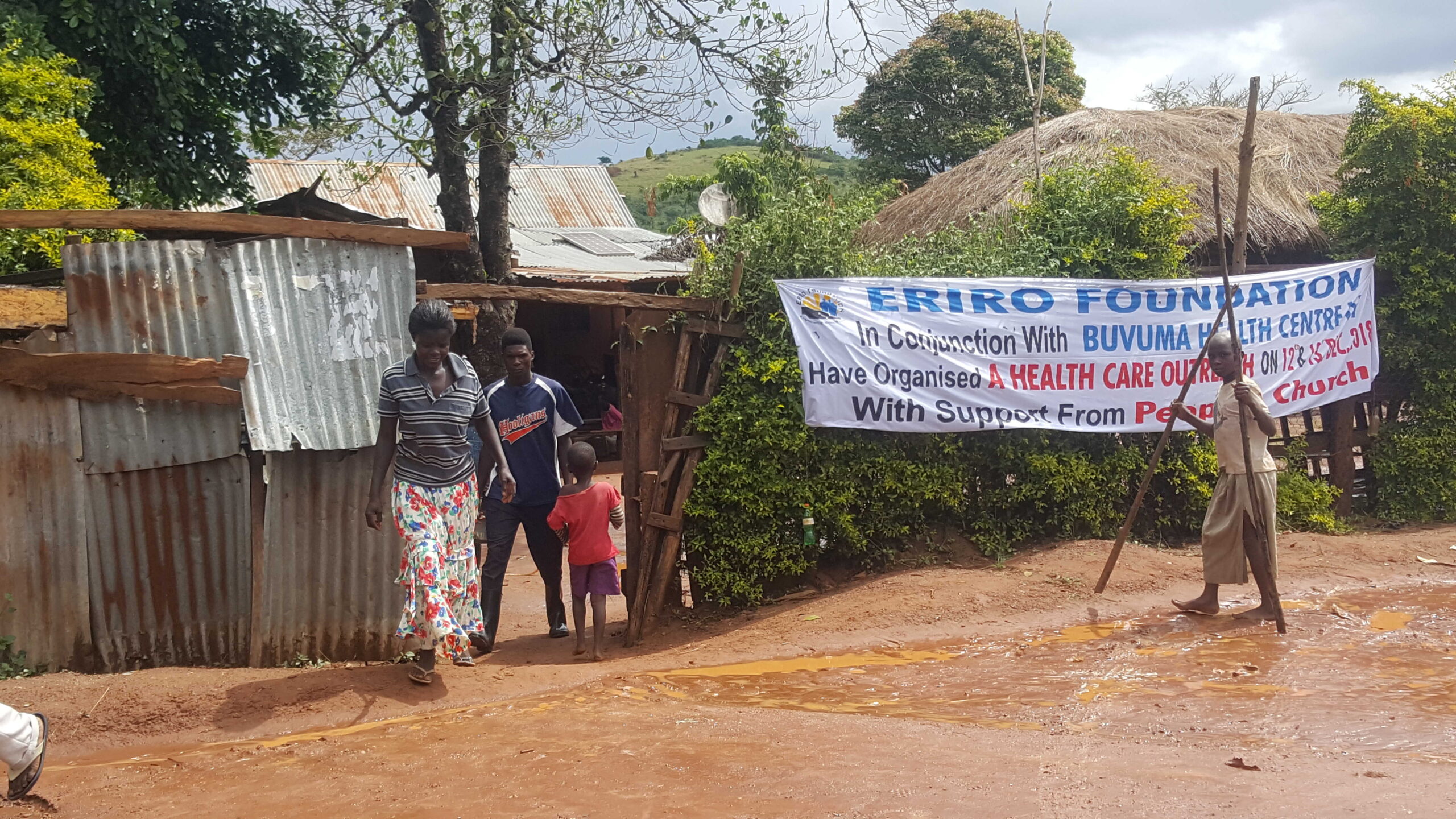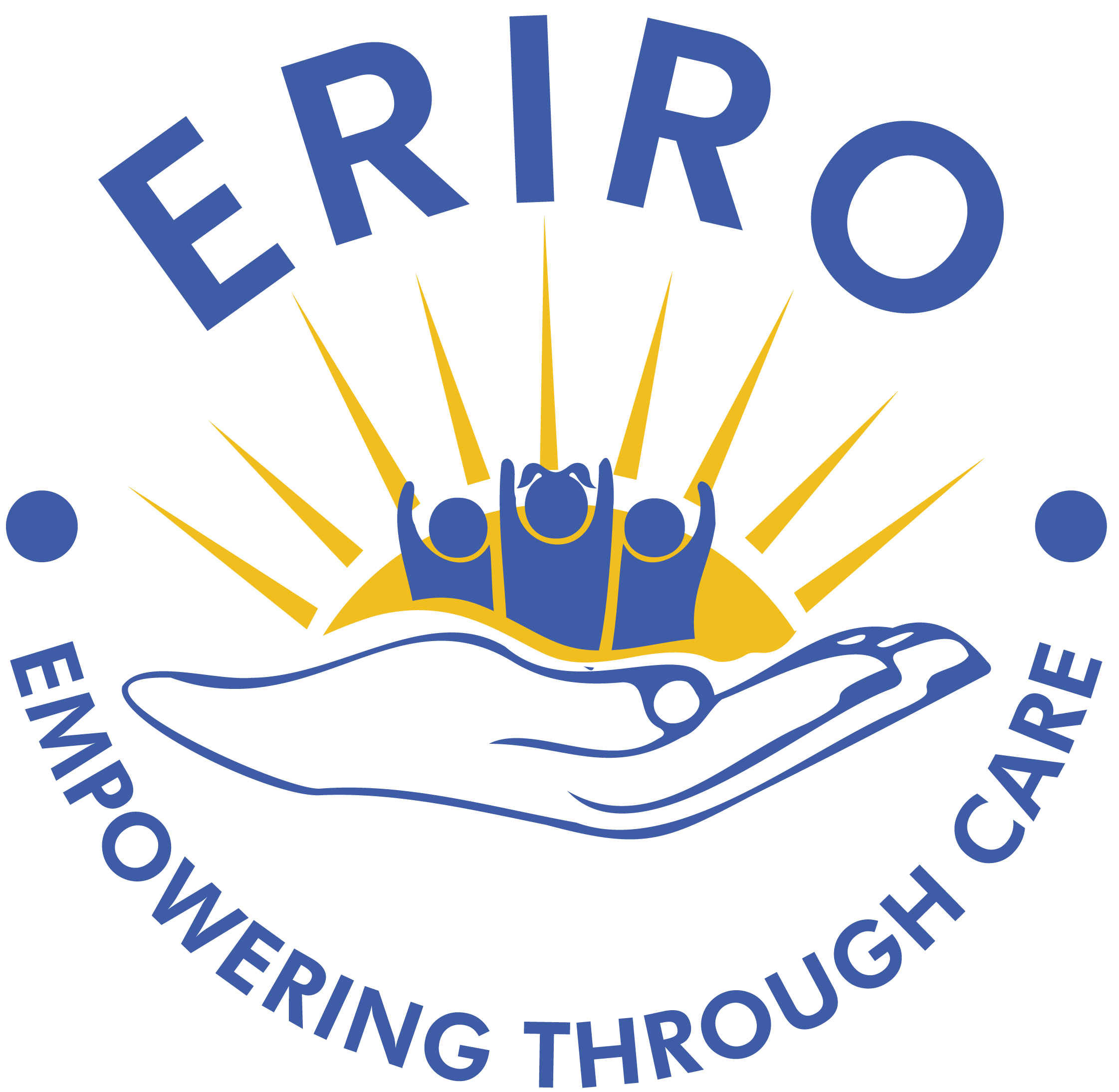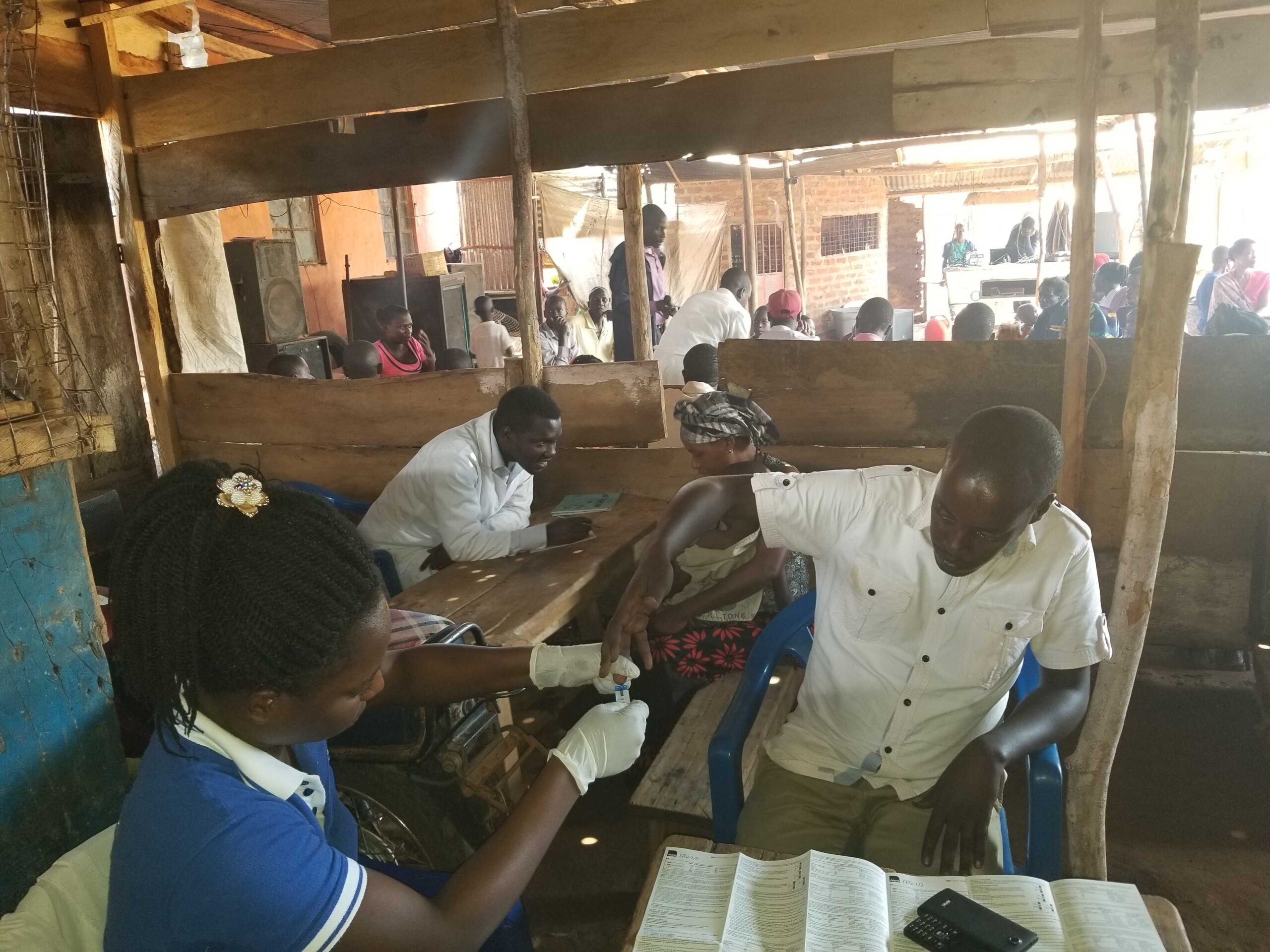Gender-Based Violence (GBV):

Gender-based violence remains a pervasive issue affecting individuals, families, and communities, particularly in marginalized settings. Eriro is committed to combating GBV by raising awareness, providing support services, and advocating for gender equality and women's rights. Through community sensitization campaigns, counseling support, and partnerships with local authorities, we strive to create safer environments where individuals can live free from violence and discrimination.


